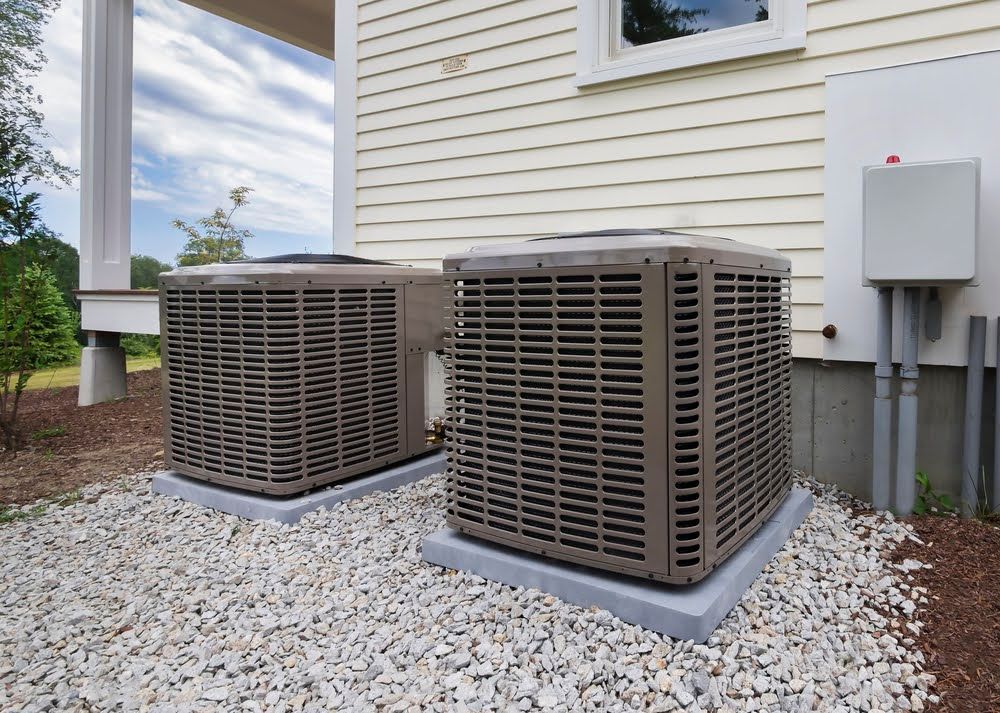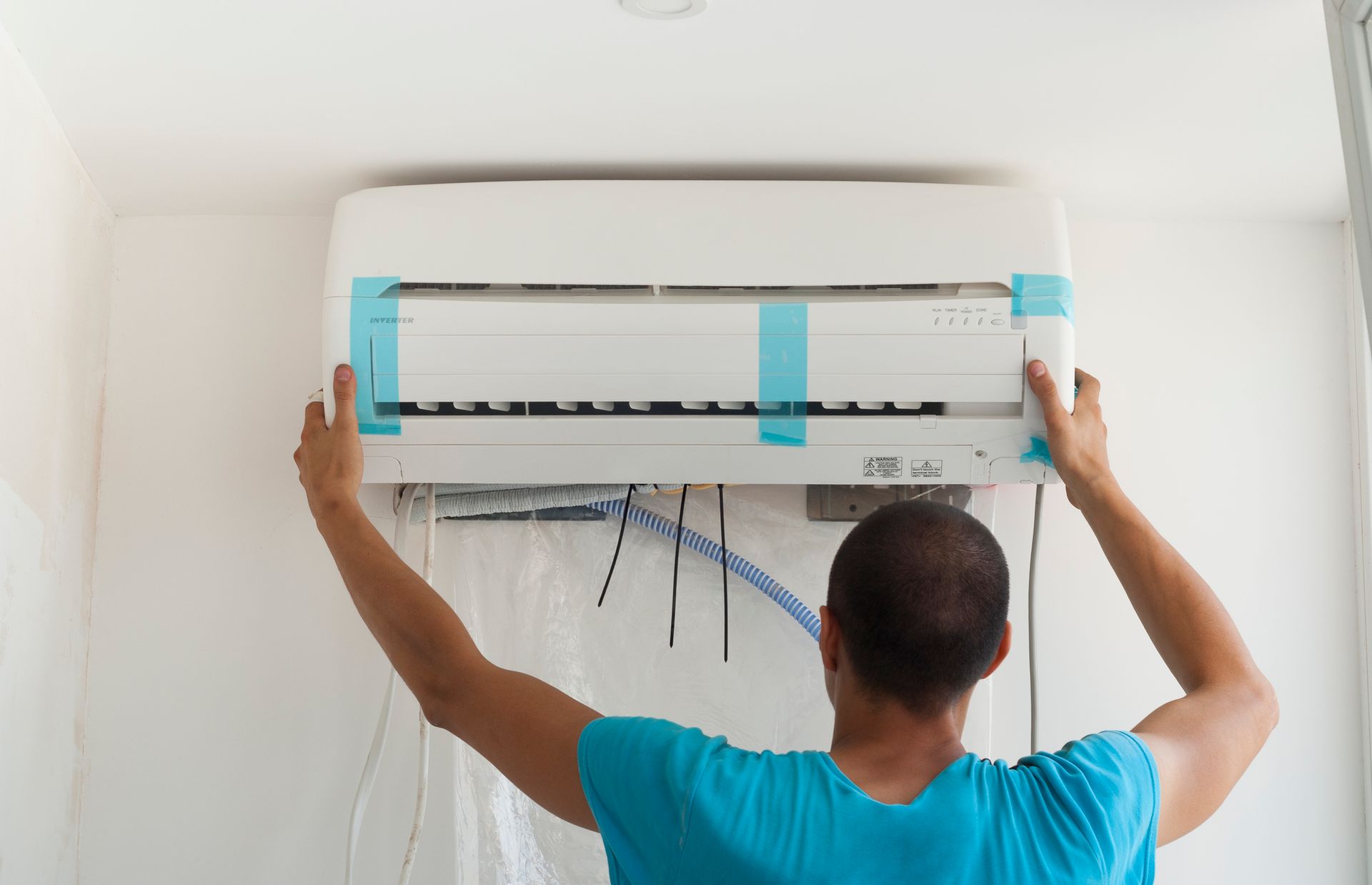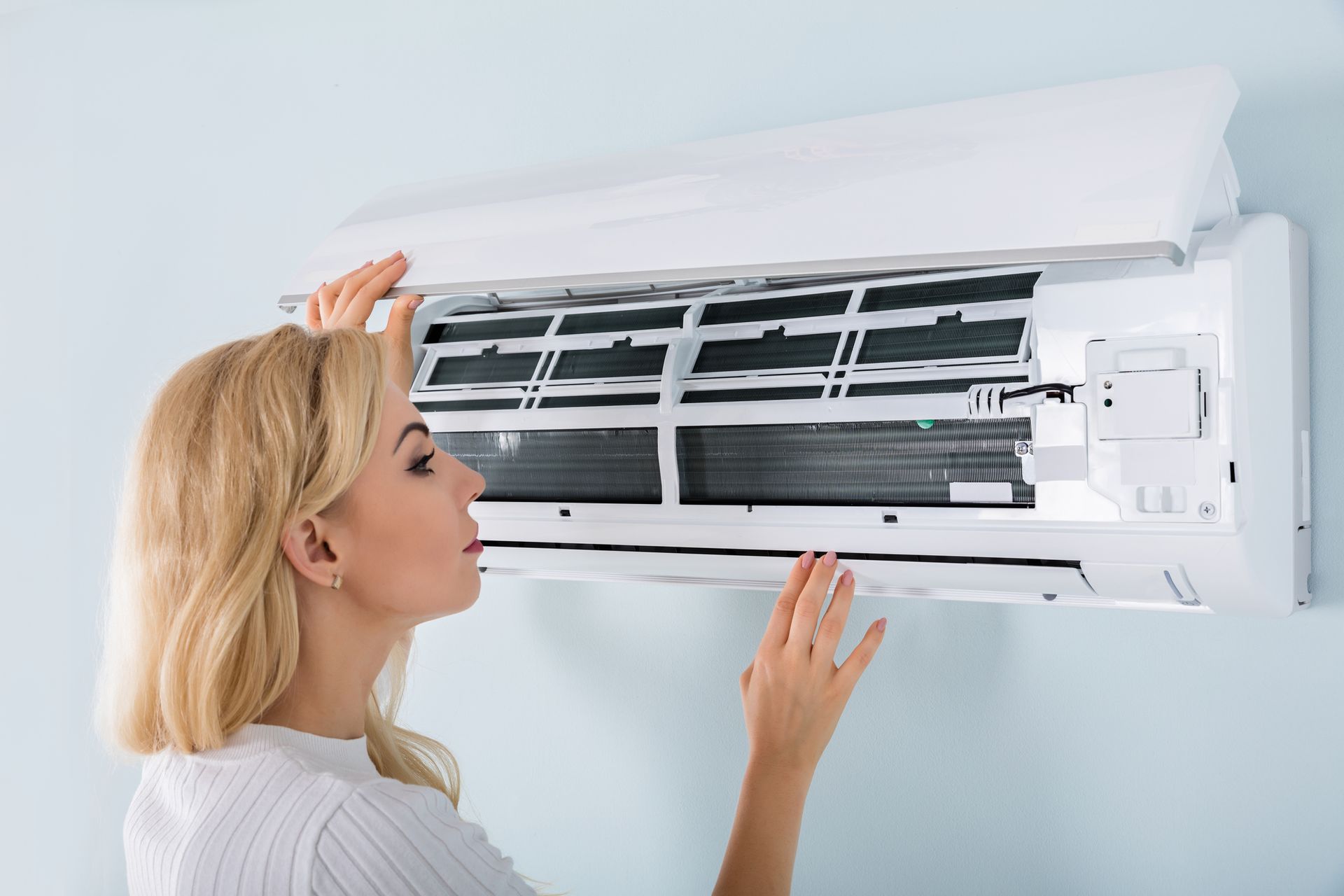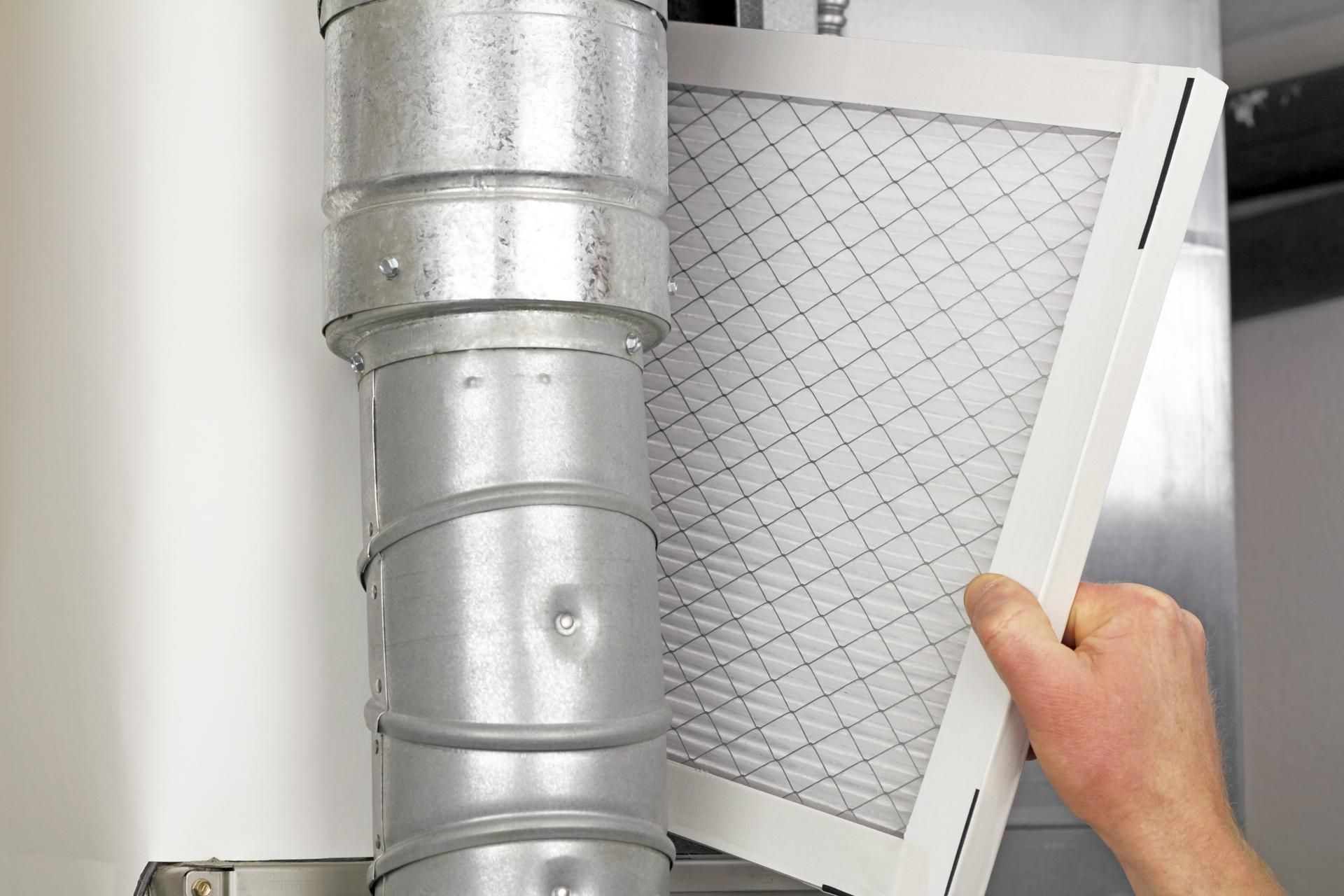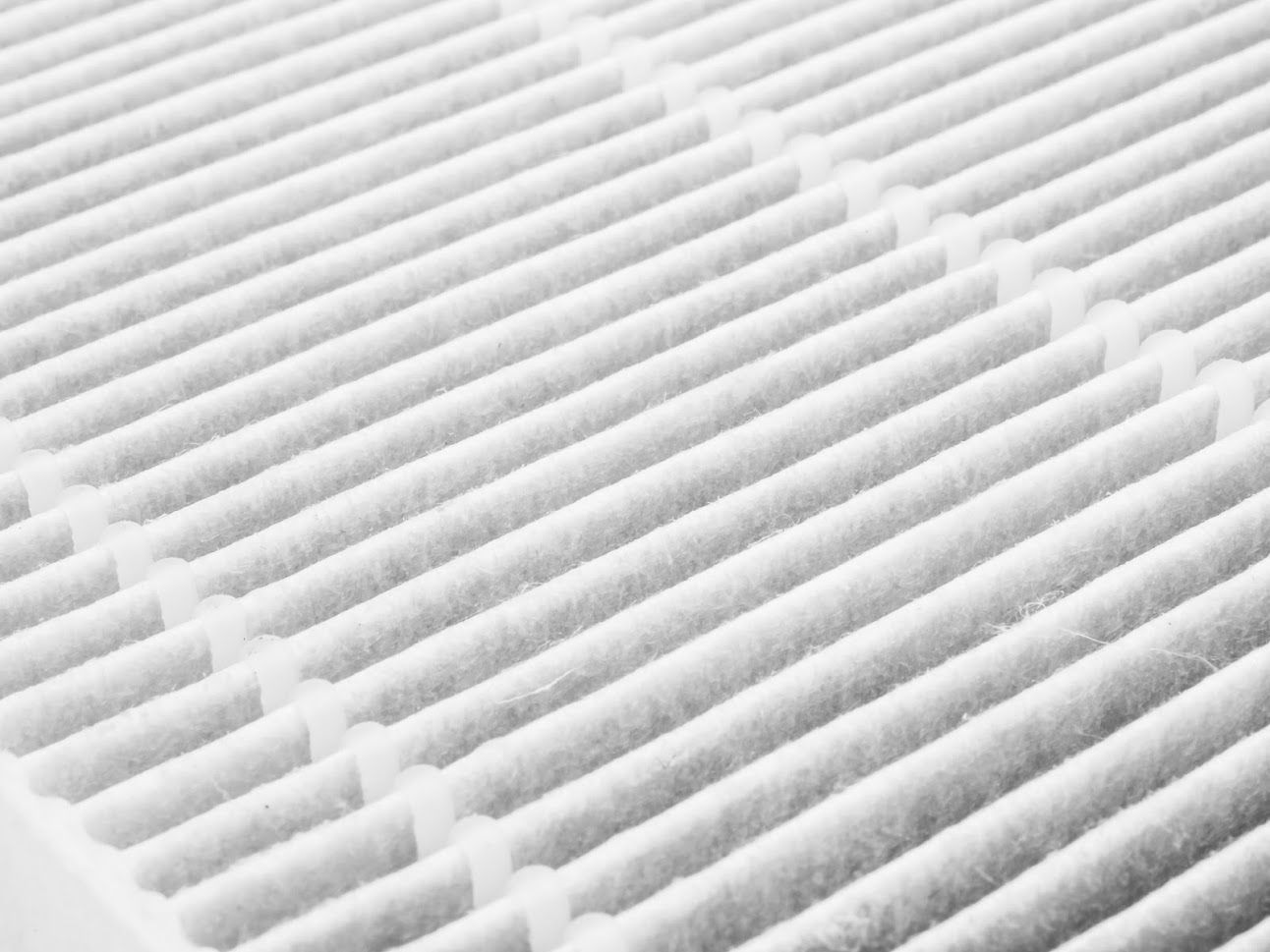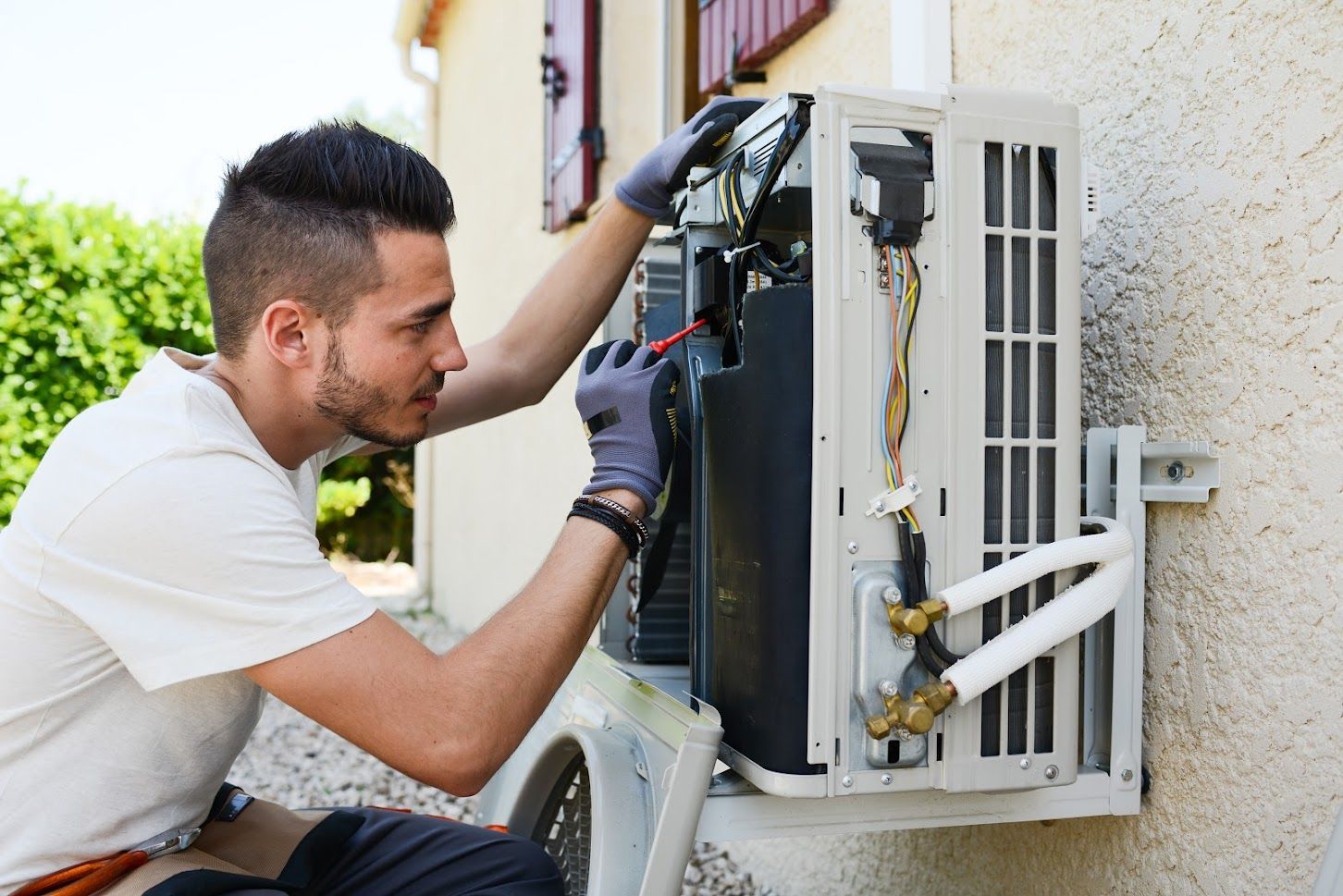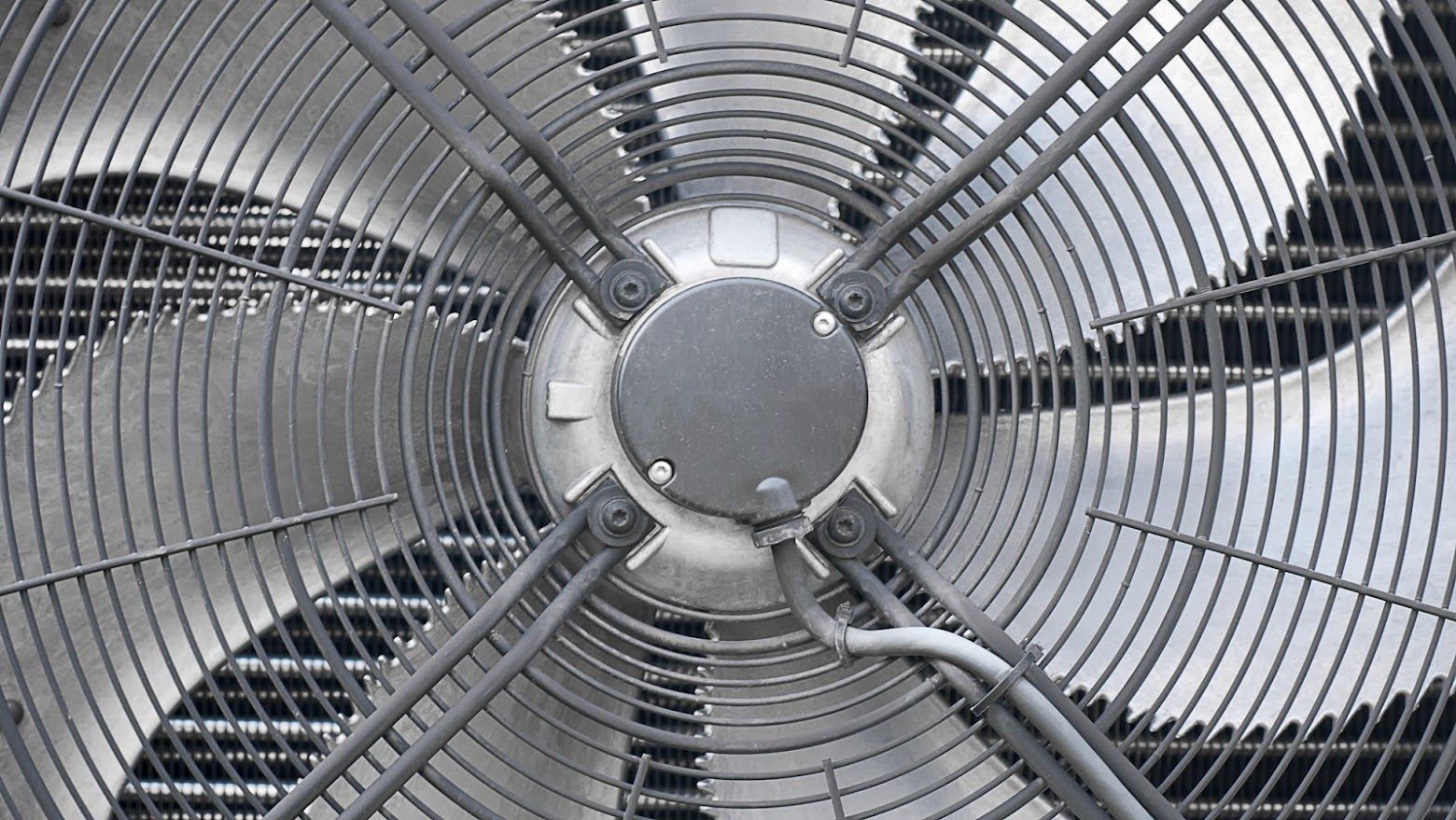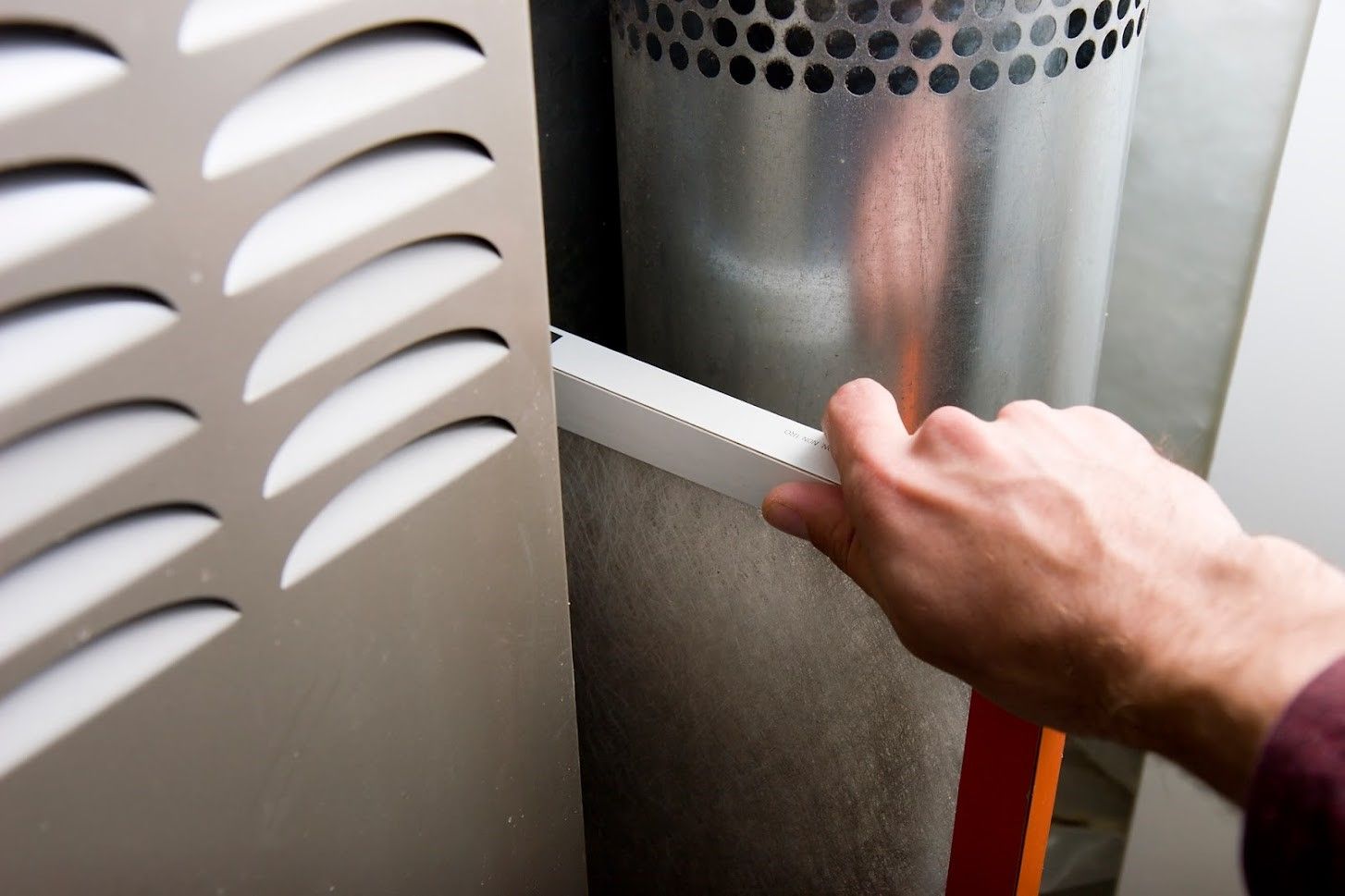What Is a Central AC Contactor?
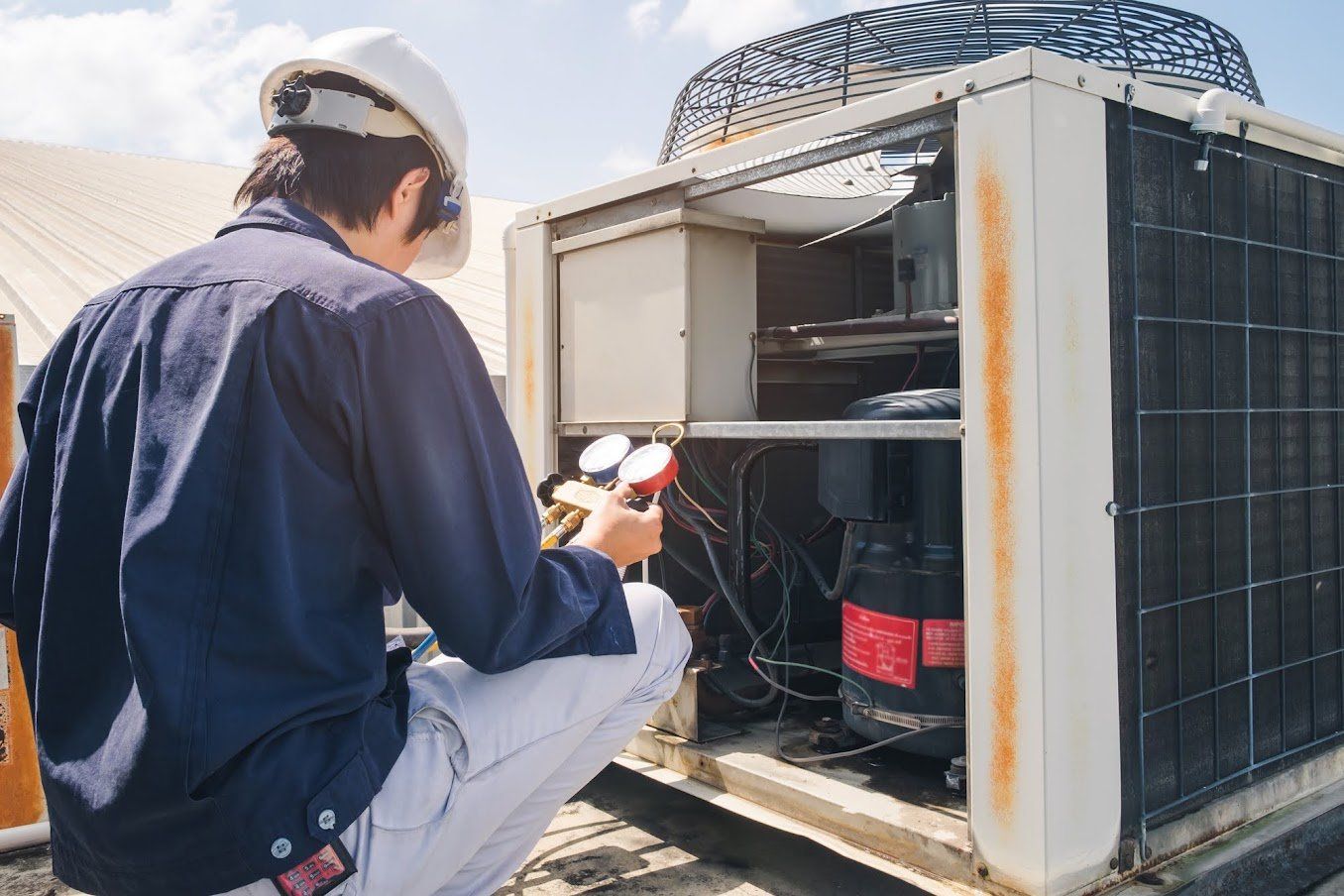
When you turn on your central air conditioner, the compressor motor relies on a kickstart from the run capacitor. The contactor is a separate AC component that makes that connection possible. Unfortunately, central AC contactors are not immune to failure. Here's some key information about your AC contactor and the problems related to a failing contactor.
What Is an AC Contactor?
A contactor is an electrical device that functions much like a switch to control the flow of current to the AC compressor. While the contactor is charged, it generates a magnetic field that moves a metal armature. When the armature reaches the closed position, it completes the circuit between the AC start capacitor and the compressor motor. This releases stored energy from the capacitor to the compressor at system startup.
What Causes an AC Contactor to Fail?
Contactors are very sensitive to power fluctuations. Lightning strikes and power surges are common causes of AC contactor damage. Excessive voltage can cause the contact faces to reach extremely high temperatures. Such a malfunction may even fuse the contact faces together when the contactor is closed, a problem known as contact sticking.
An electrical overload can also easily burn out the electromagnetic coil inside the contactor. Coil burnout will render the contactor inoperable since it can no longer create a magnetic field to move the armature. Industrial contactors such as those used in HVAC applications usually contain an electromagnetic coil rated for 24 volts.
An AC contactor may also fail if an electrical short occurs somewhere in its circuit. Shorts may lead to sparks or arcing between the contact faces, which in turn may leave scorched pit marks on them. Pitting on the contactor may prevent it from completing the compressor startup circuit if the contact faces cannot make a solid connection.
While there's no guaranteed option to prevent your AC contactor from failing, the good news is it's an easily replaceable part. Your HVAC technician can remove the old contactor and wire an identical model in place during a quick service call. Taking action to repair the contactor now can prevent unnecessary damage to your AC compressor.
What Are the Signs of Contactor Problems?
The symptoms of AC contactor problems vary depending on the position of the contactor when it fails. If the contactor gets stuck in the closed position, it will send constant power to the compressor. You may notice your compressor running continuously or freezing over. You may also hear an electrical humming sound as the contactor coils are charged. The contactor will need to be replaced to restore your AC to efficient operation.
A contactor that is stuck open will prevent the compressor from operating at all, and your air conditioner will blow warm air. When the contactor is failing, you may hear a clicking or chattering sound from your condenser. This is the sound of the armature mechanism attempting to move inside the malfunctioned contactor. To test for unusual sounds from the contactor, stand outside near the condenser while a helper turns on your AC.
An HVAC technician can diagnose a burnt-out contactor by connecting a multimeter to the terminals on either side of the contactor. A low ohm reading means the component has failed due to coil burnout.
A bad contactor is a simple problem that can still bring your central air conditioner to a halt. If your AC is wasting energy, freezing over, or refusing to start, the contactor is one of several components that could be to blame. Call us today at STA SO COOL HVAC for a professional HVAC inspection to narrow down the causes behind your AC issues.


